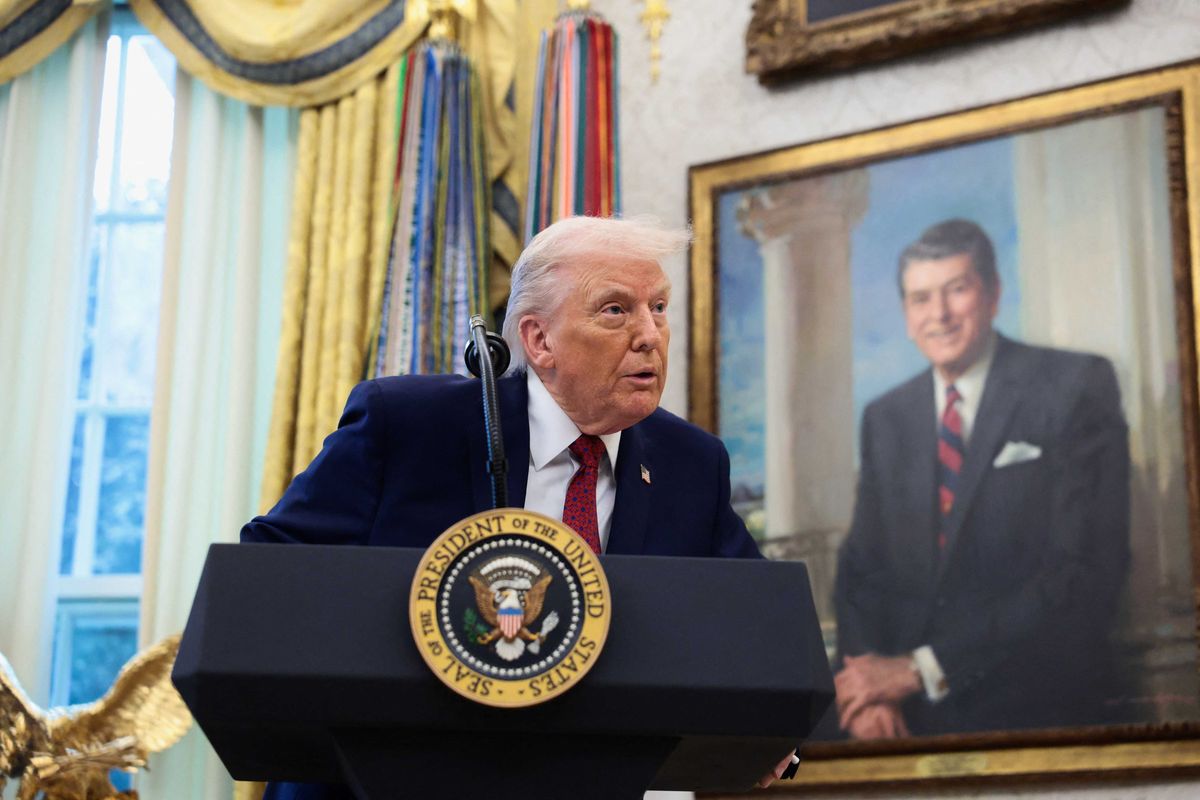Congressman Brian Higgins (NY-26) announced introduction of the Access to AEDs Act. Originally cosponsored by Higgins, this legislation would increase training and availability of Automated External Defibrillators (AEDs) on school campuses. The bill was introduced during a news conference on Capitol Hill led by the American Heart Association and Congresswoman Sheila Cherfilus-McCormick, (D-FL-20), featuring Buffalo Bills Safety Damar Hamlin, Former Professional Tennis Player Murphy Jensen, Congressman Higgins and other members of the House and Senate as well as the National Football League and the Matthew Mangine, Jr. Foundation.

Video Remarks by Damar Hamlin: https://youtu.be/pEe_MZQjVqo

Video Remarks by Rep. Higgins: https://youtu.be/rjfI0wAvxQ0
“On January 2, 2023, millions of Americans witnessed the shocking and unforgettable moment when Buffalo Bills safety Damar Hamlin went into sudden cardiac arrest on the field during a Monday Night Football game against the Cincinnati Bengals. Medical staff acted quickly by initiating CPR and using an AED to save his life,” said Congressman Higgins. “The rapid response from on-field training staff and first responders put a spotlight on the risk associated with contact sports and the need to ensure that athletes at all levels are surrounded by those trained and equipped to respond quickly to medical emergencies. This legislation provides the resources to make schools a safer place on the court, on the field, and in the classroom.”
Sudden cardiac arrest (SCA) is a life-threatening emergency caused by a malfunction in the heart’s electrical system or structure. It can result from an abnormality from birth, one that develops over time, or in rare instances like that experienced by Damar Hamlin due to blunt force interfering with normal heart rhythm. Each year more than 600,000 Americans suffer from SCA, this includes 23,0000 youth with student athletes being more than three times as likely to experience it.
The Access to AEDs Act would direct the U.S. Secretary of Health and Human Services to award grants to elementary and secondary schools in partnership with nonprofit healthcare organizations. The grants will support the development and implementation of programs that promote access to defibrillators in schools. Funding can also be used to purchase and maintain AEDs, replace outdated CPR and AED equipment, and provide training to students, staff, and related sports volunteers. Additionally, it can be used to develop Cardiac Emergency Response Plans and assist school athletic departments in creating heart screening programs for student athletes.
This legislation is supported by the American Heart Association, Who We Play For, Parent Heart Watch, Simon’s Heart, Heart of the Game, Eric Paredes Save A Life Foundation, Youth Sports Safety Alliance/National Athletic Trainer’s Association, and the National Alliance for Youth Sports.



